As we went walking far and wide
Through silent fields and countryside,
And rise above the ocean’s rim,
And planets too, that fret with light
The icy caverns of the night.
These constellations we now mark,
When we were not, in formless dark,
A poet, centuries before,
Would watch from the Italian shore
Drop in the sea, and mindful Earth
Had made him mortal from his birth,
He set on high his music’s bars
Among the everlasting stars,
To those to come, clear warning sign
To place no faith in the divine;
For sacred to the pole unfurled
Above, and compassing the world,
These songs yet suffered sad disgrace
And almost sank without a trace:
Though to our strand this wreckage came,
It scarcely owned its author’s name.
Mine not to exhort the gods
Or stars that vex our mortal odds,
But love of virtue quick to fade
Makes me seek fame with human aid.
A man, I chose a man to stand
At this front page and my right hand—
Who thrive or perish in my pages,
Brief friend, your name should last the ages.
I send these lines to you who went
Where stars rise in the Orient,
From here where constellations sink
Below the ocean’s western brink.
Take them: for that day will come
To add us to the canceled sum
And give our bones to earth to rot
(For we have no immortal lot,
And souls that will not last forever)
And the chain of comrades sever.
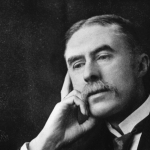


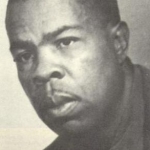
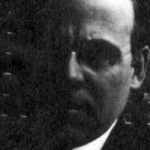









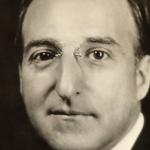


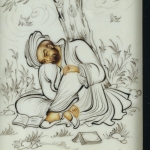
Comment form: